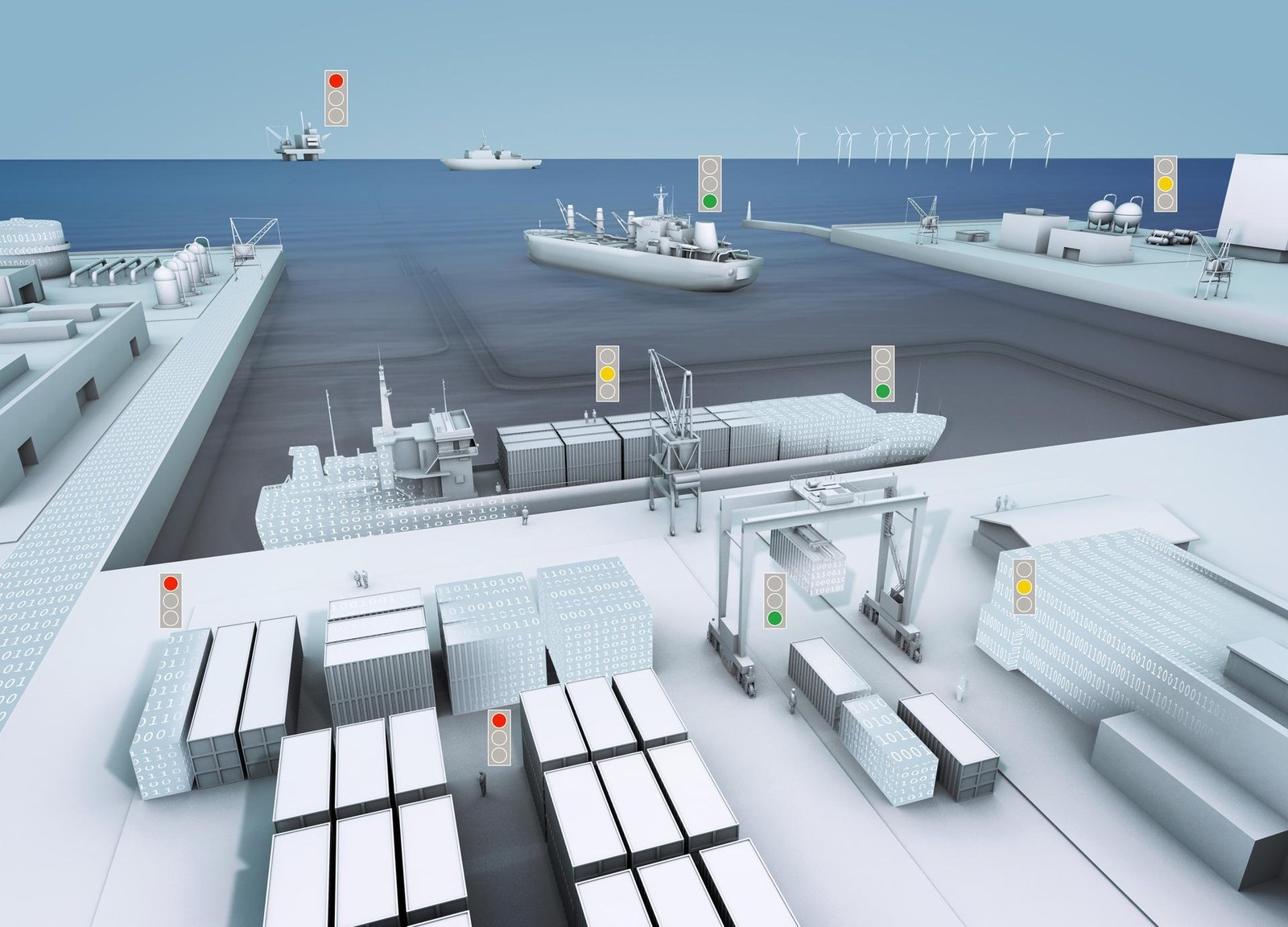Institute for the Protection of Maritime Infrastructures

The Institute for the Protection of Maritime Infrastructures was founded in 2017 as one of seven new DLR institutes, and is provisionally managed by Frank Sill Torres.
The Institute’s scientific and technical activities focus on the resilience of maritime infrastructures. The objective of all of its concepts, analyses, developments and tests is to enable maritime infrastructures as complex systems – with support from various players, users and stakeholders – to recognise and prevent threats, adapt to them and counter their effects in a timely and efficient manner. DLR, through its Institute for the Protection of Maritime Infrastructures, is thus purposefully expanding its numerous competencies in the fields of technology development and maritime safety and security.
The current research activities are focused on three missions. Firstly, they provide solutions to efficiently and effectively address global challenges such as security, mobility, the Energy Transition or changing values. Secondly, they provide security-related authorities and organisations with independent advice. In order to solve specific tasks, we further develop theoretical foundations, carry out simulations, build demonstrators and test them in a real environment together with their future users. All three missions should lead to a direct benefit for society as well as the economy.
At the Institute, particular attention is paid to the transfer of research results into real working situations, as well as their social and economic exploitation. To that end, the Institute is keen to participate, as early as possible, in the development of standards at national and at international level, to collaborate with companies and – in future – to support spin-offs established by employees of the Institute.
